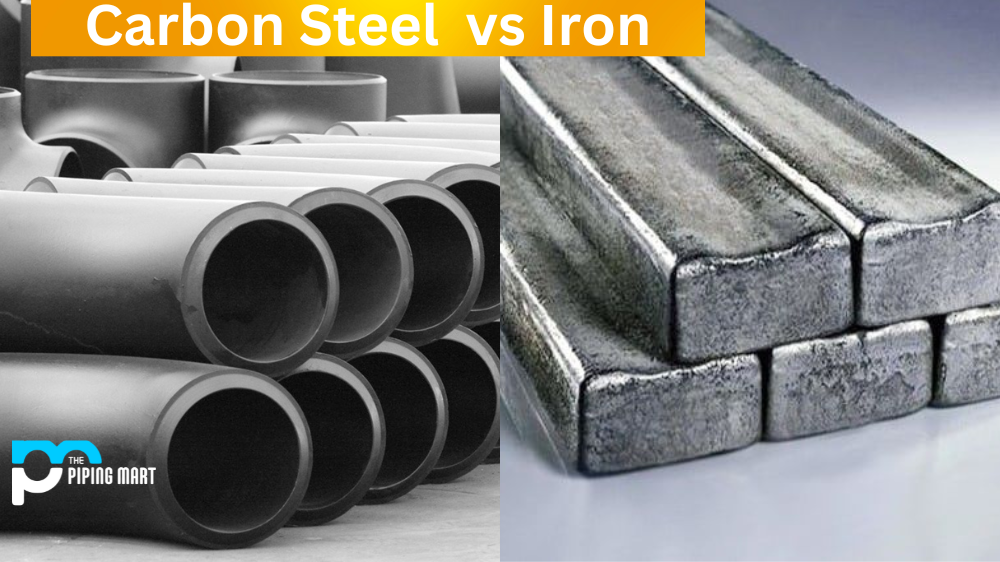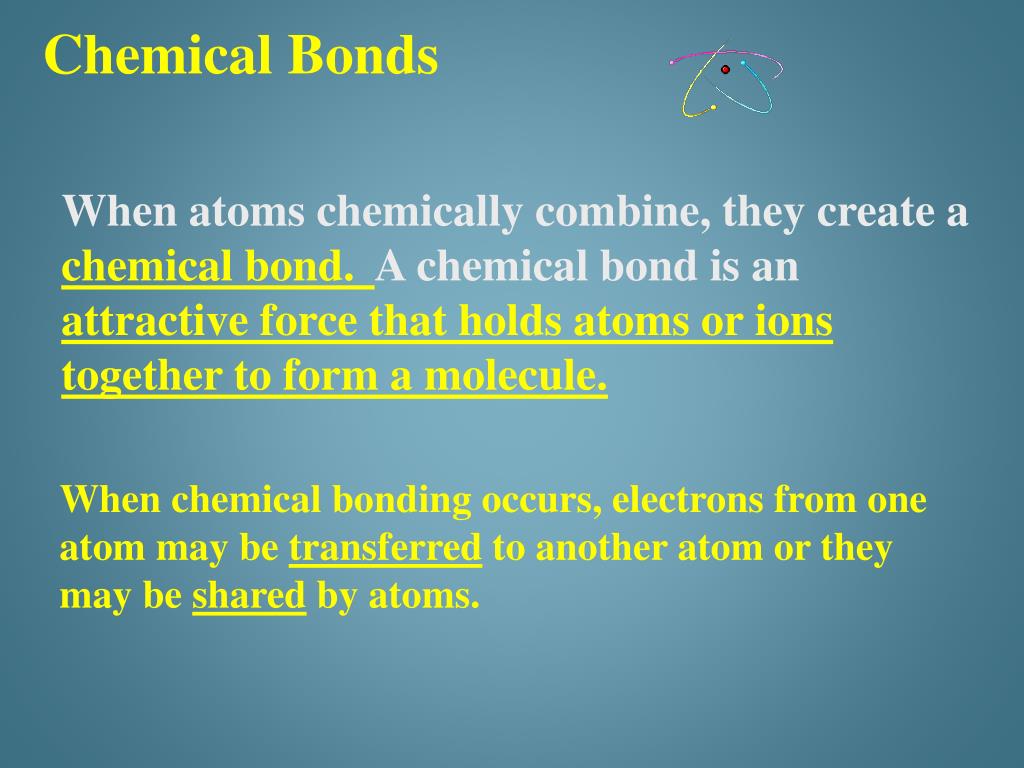Metal Alloys Stronger Than Steel: Top Alternatives Revealed

Steel has long been the go-to material for industries requiring strength and durability. However, advancements in metallurgy have led to the development of metal alloys stronger than steel. These innovative materials are reshaping industries from aerospace to construction. In this post, we’ll explore the top alternatives to steel, their unique properties, and why they’re gaining popularity. Whether you’re an engineer, manufacturer, or simply curious, this guide will provide valuable insights into the future of high-strength materials, (metal alloys, advanced materials, industrial innovation).
Understanding Metal Alloys Stronger Than Steel

Metal alloys are created by combining two or more metallic elements to enhance specific properties like strength, corrosion resistance, or lightweight characteristics. Recent breakthroughs have produced alloys that surpass steel in performance. These materials are ideal for applications where traditional steel falls short, (material science, metallurgy, alloy composition).
Top Metal Alloys Stronger Than Steel

1. Titanium Alloys
Titanium alloys are renowned for their high strength-to-weight ratio, making them ideal for aerospace and medical devices. They’re lighter than steel yet equally strong, reducing fuel consumption in aircraft, (titanium alloys, aerospace materials, lightweight metals).
2. Tungsten Carbide
Known as one of the hardest materials on Earth, tungsten carbide is used in cutting tools, mining equipment, and armor-piercing rounds. Its durability far exceeds that of steel, (tungsten carbide, industrial tools, hardness scale).
3. Inconel (Nickel-Based Superalloys)
Inconel alloys excel in high-temperature environments, making them essential for gas turbines and nuclear reactors. They retain strength at extreme temperatures where steel would fail, (Inconel, superalloys, high-temperature materials).
4. Maraging Steel (Specialized Alloy)
While still a steel variant, maraging steel is significantly stronger due to its unique composition. It’s used in aerospace and tooling applications, (maraging steel, specialized alloys, aerospace engineering).
| Material | Strength | Weight | Applications |
|---|---|---|---|
| Steel | High | Heavy | Construction, Automotive |
| Titanium Alloys | Very High | Light | Aerospace, Medical |
| Tungsten Carbide | Extremely High | Heavy | Cutting Tools, Mining |
| Inconel | High | Moderate | Gas Turbines, Nuclear |

Why Choose These Alloys Over Steel?

These alloys offer distinct advantages over steel, including:
- Superior Strength: Higher tensile strength and durability.
- Lightweight: Reduced weight without compromising performance.
- Corrosion Resistance: Enhanced protection against environmental factors.
- Temperature Stability: Better performance in extreme conditions, (material properties, corrosion resistance, temperature stability).
💡 Note: When selecting an alloy, consider the specific requirements of your application, such as temperature, load, and environmental exposure.
Metal alloys stronger than steel are revolutionizing industries by offering unmatched performance and versatility. From titanium’s lightweight strength to Inconel’s heat resistance, these materials are paving the way for innovative solutions. By understanding their properties and applications, you can make informed decisions for your projects, (industrial materials, future of metallurgy, advanced engineering).
What makes metal alloys stronger than steel?
+
Metal alloys combine elements to enhance properties like strength, hardness, and corrosion resistance, often surpassing steel’s capabilities.
Are these alloys more expensive than steel?
+
Yes, many high-strength alloys are costlier due to complex manufacturing processes, but their performance often justifies the investment.
Can these alloys replace steel in all applications?
+
While they excel in specific areas, steel remains cost-effective for general construction and automotive uses.

